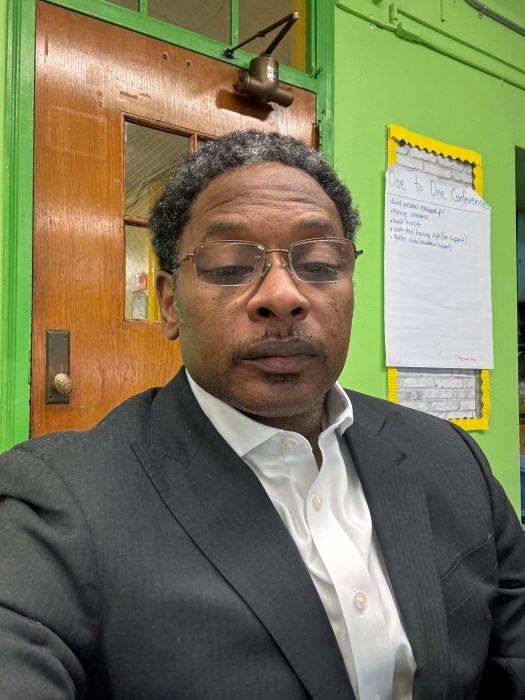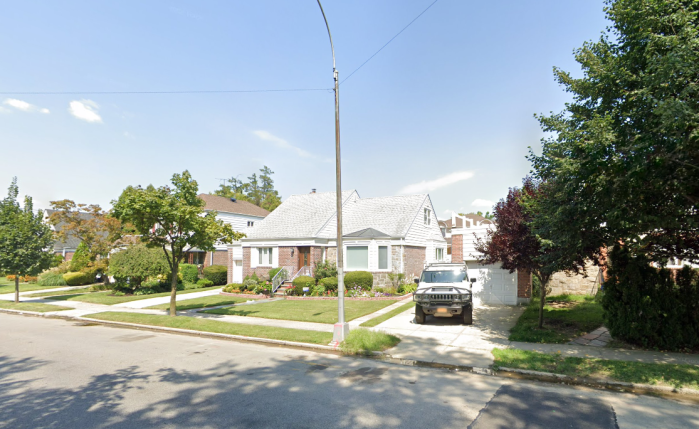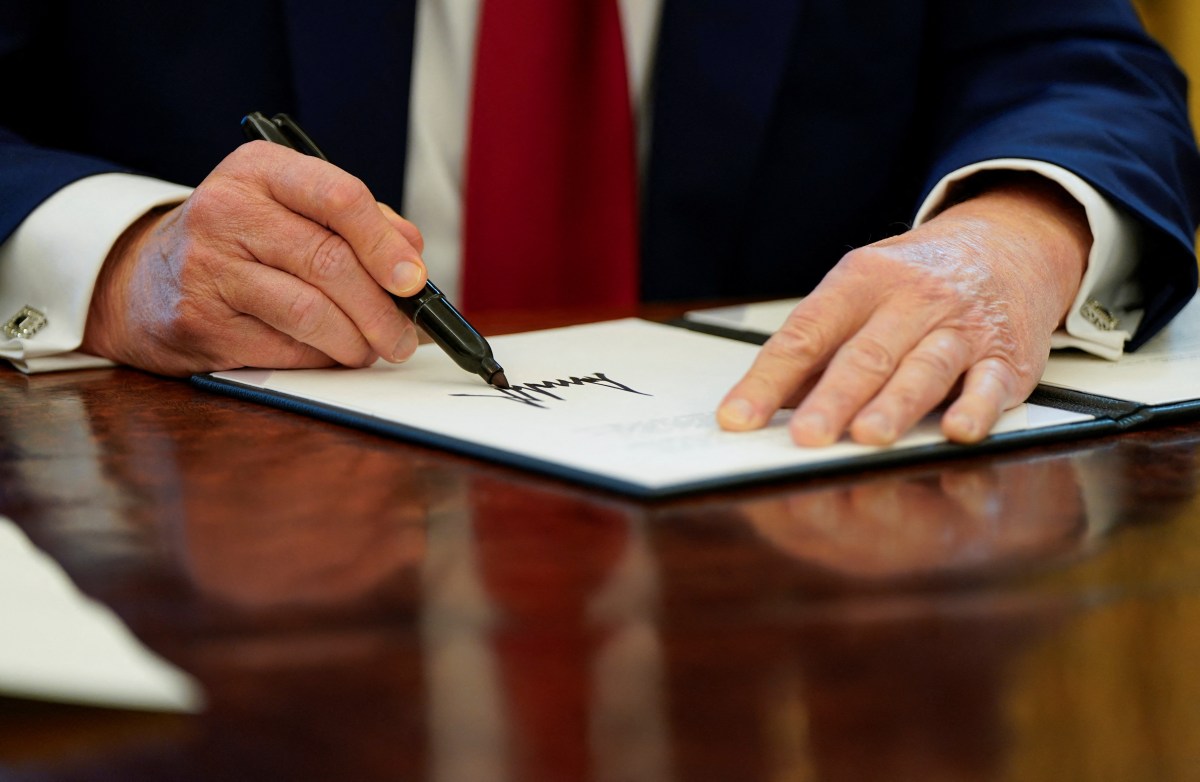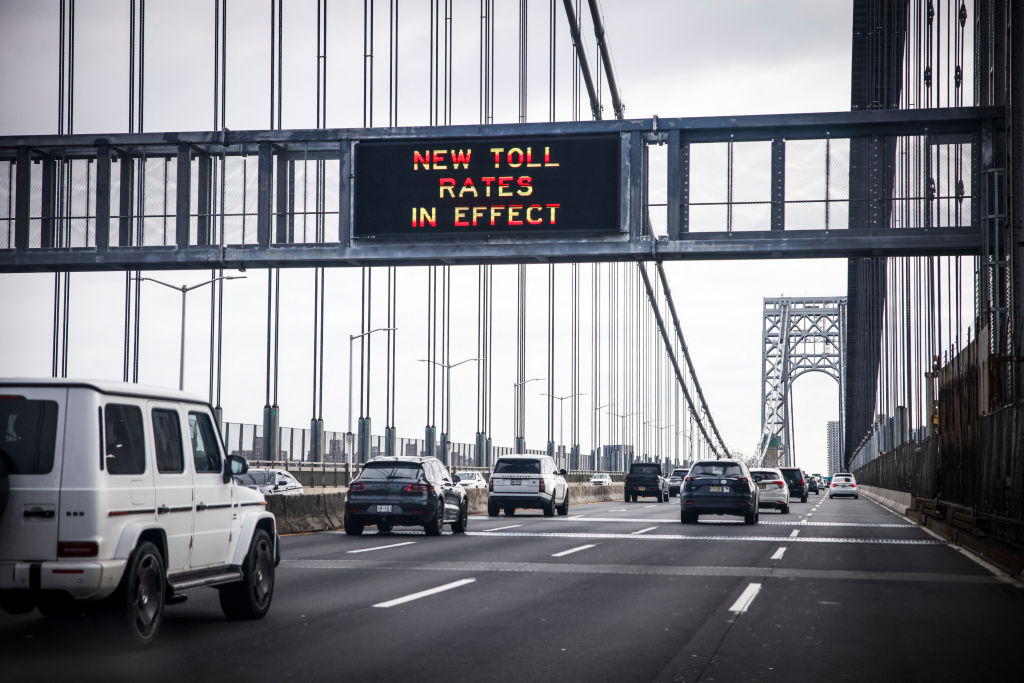While some neighboring South American countries are trying to cope with thousands of Venezuelans fleeing economic and other hardships at home, Guyana’s government is instead bracing for the return of hundreds of its own nationals who had lived in Venezuela for decades but are now returning home many penniless, homeless and landless.
In the past week, authorities have sent in food, clothing, medical supplies and tarpaulins to help close to 100 Guyanese, their Venezuelan-born children and in laws set up temporary homes in an open area near the western river border with Venezuela after noticing a spike in the number of those trying to resettle in Guyana in recent days.
Gordon Bradford, chairman of Administrative Region Seven explained that many of those returning now had left Guyana during its socialist experiment and accompanying economic hardships of the 80s, abandoning, land, homes, farms and businesses. Unaware as to when they would return, agencies like the mines commission parceled out the land to gold and diamond miners to work so these are now inaccessible to those returning and seeking to reestablish homes.
He told this publication this week that several of those who tried to reclaim land in the Ekereku area right across the river border with Venezuela had recently asked authorities for help to reclaim ancestral lands but there is little officials could do because there are established mining interest in the area as it had been abandoned for so long.
Though geographically located on the South American continent, Guyana and Suriname are members of the 15-nation Caribbean Community. Its head office is in Guyana.
“This is a sad situation for many,” Bradford said, after being part of a ministerial team which went to the Ekereku area last week to help the returning teams. “We found them living under construction plastics in the low lying plains in the open but they are going to be flooded out with the rains on now. We are moving them to higher ground and providing them with supplies like medicine, food, clothing and tarpaulins to make them comfortable.” Teams are scheduled to return to the area this weekend.
He said the citizenship ministry has also sent in representatives to register their Venezuelan-born children and provide them and their parents with photo identification to help them find jobs settle down quickly.“We have no choice but to help them. These are Guyanese with Spanish-speaking families and in laws, not Venezuelans taking over the country as some want to believe.”
Bradford said those interviewed so far say many more are heading back home and would need similar state help, particularly those who had lived in indigenous Amerindian villages near the border.
Thousands more have returned in the past two years and have picked up jobs as translators, sales clerks and facilitators to hundreds of Cuban suitcase traders who shop in Guyana each week “but those we are dealing with need a lot of help, a lot,” Bradford said.
Given the level of aggression over the decades, authorities here are particularly sensitive about anything to do with Venezuela as that country has a decades-old claim to the entire western Essequibo Region comprising about two thirds of Guyana’s land mass. The dispute is now before the World Court in The Netherlands for a once and for all settlement.
Guyana recently beefed up security in border villages and government has instructed officials to provide needy Venezuelans with any help they need, food, medical treatment and supplies especially.

























